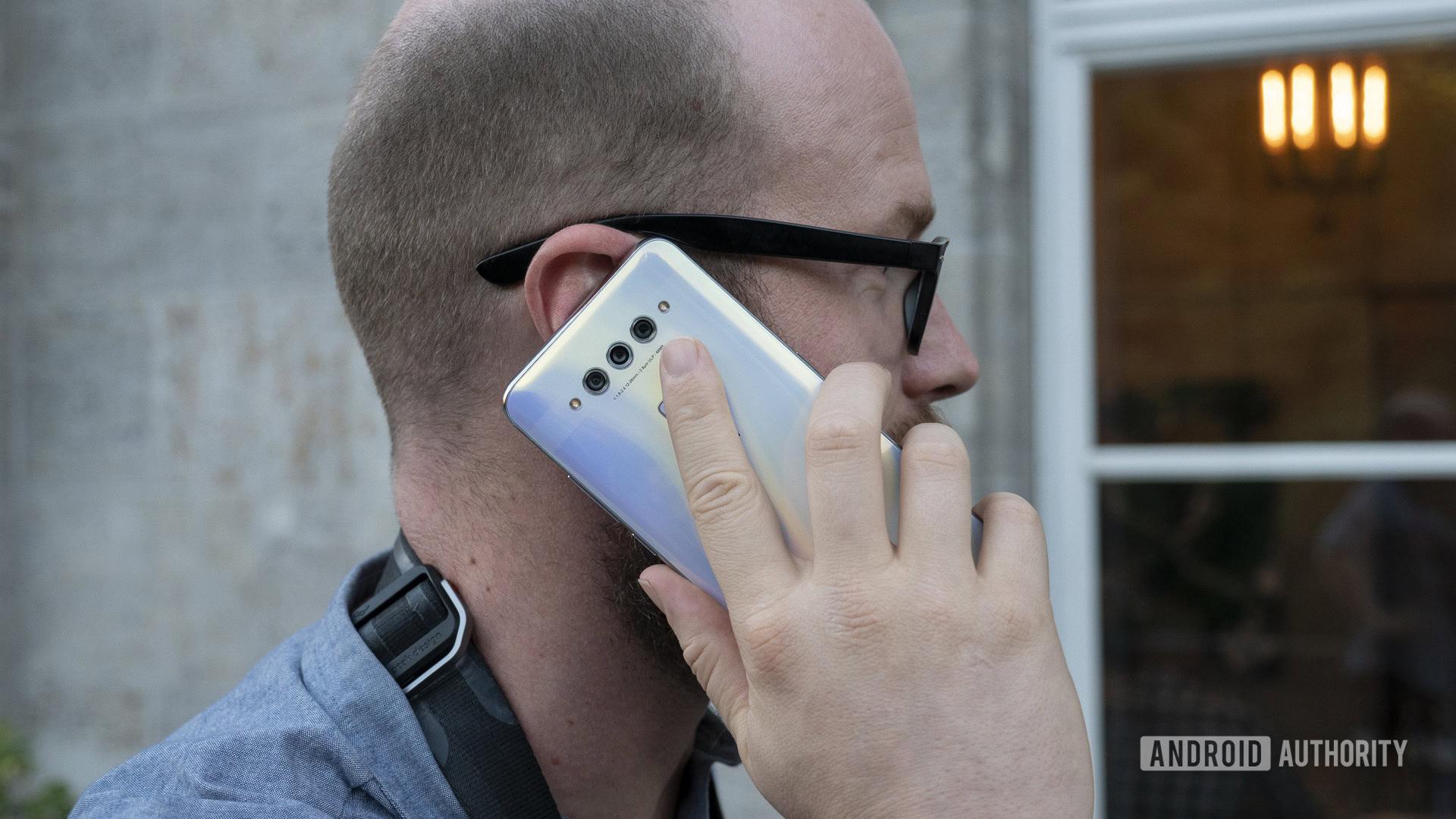Affiliate links on Android Authority may earn us a commission. Learn more.
Got caught making robocalls? That'll be $10,000, please

Do you hate illegal robocalls? If you do, today is a day of much rejoicing — the U.S. Senate unanimously voted to approve the Telephone Robocall Abuse Criminal Enforcement and Deterrence Act (TRACED Act), The Wall Street Journal reported today.
The landmark bill increases the potential penalty for each illegal robocall from $1,500 to $10,000 and the amount of time the FCC has to conduct its investigations from one year to three years. The FCC must report the efficacy of call authentication frameworks to Congress within three years of the bill’s enactment. The agency must then make additional reports to Congress every three years thereafter.
For carriers, the TRACED Act requires outfits like AT&T, Verizon, and T-Mobile to implement the STIR/SHAKEN framework into their networks. The framework allows a carrier to validate a phone call and make sure it comes from an authentic source. Also, carriers can’t charge customers an extra fee for their robocall-blocking services.
The TRACED Act advanced through the U.S. House of Representatives earlier in December. With the Senate approving the bill, all it takes is President Donald Trump’s signature to turn it into law. According to Representative Mike Doyle (D-PA), the bill will likely be “signed into law the next week or so.”
As promising as the TRACED Act is, it’s not without its flaws. As Consumer Reports noted today, the final version of the bill omitted a mandate to clarify the consumer consent requirement found in the House version. Also, smaller carriers haven’t yet upgraded their networks to support the STIR/SHAKEN framework. Such an upgrade could be costly, since many rural carriers still use older analog technology.
More importantly, the TRACED Act doesn’t address overseas robocallers. The bill takes aim at U.S.-based robocallers, but tight coordination between the U.S. and other governments is still required to address international robocallers.